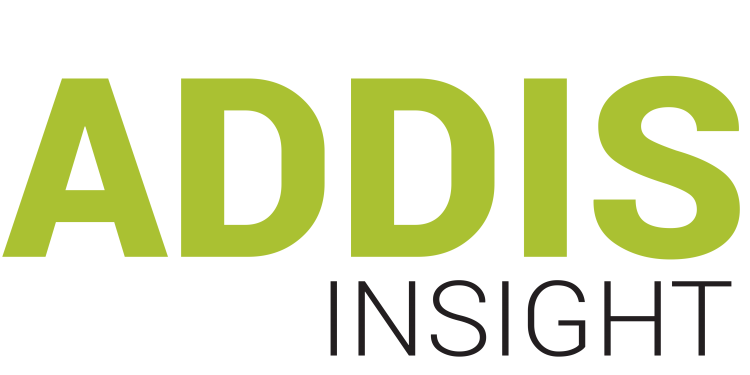Old Habits Doesn’t Die Hard: The Lack of State Media Neutrality and Control Under the Government
The state of media freedom in Ethiopia has been a contentious issue for many years. Despite the hope that many people had in the recent reforms, it seems that old habits die hard. The recent case of the Ethiopian Orthodox Church highlights the lack of neutrality and control of state media by the government.
On January 18, 2015, the Holy Synod of the Ethiopian Orthodox Tewahedo Church released a statement condemning the recent violation of religion, canon, and governance that took place in the Haro Bealewold Church. The Synod revoked the priesthood authority of those who claimed to have been appointed as bishops outside of the church’s religious laws. This decision was met with joy and support from the priests, lay people of the Church, and various religious and civic organizations both in Ethiopia and abroad.
However, when the Honorable Prime Minister Abiy Ahmed provided his explanation on the current situation in the Ethiopian Orthodox Tewahedo Church on January 23, 2015, the state media took a different approach. All state media outlets, including Fanabroadcasting, Ethiopia Broadcasting Corporation, and Walta, only broadcasted the statement from the Prime Minister’s office and ignored the press release from the Orthodox Church. This one-sided approach raises serious questions about the impartiality of the state media and their ability to report on religious and political matters objectively.
This situation is made even more concerning by the government’s direct censorship and control over state media. The Prime Minister’s instructions to cabinet members that they should not interfere with the matter and respect the decision of the Holy Synod, nullifies the authority given to the executive body by the constitution and encourages disorder. The behavior of the government, including the hijacking of the Pope’s apostolic mission and the dispersal of a Christian worship crowd, calls into question the rule of law and the government’s responsibility to ensure the security of institutions.
Despite the hopes of media freedom, it seems that the government still maintains a strong hold over the state media. This lack of impartiality and control is a serious concern for those who believe in the importance of a free and independent press. The Holy Synod’s statement highlights the importance of respecting the religious and canonical decisions of the Church, as well as the constitutional separation of government and religion. The Synod urges the government to rectify its behavior and fulfill its constitutional responsibility to ensure the rule of law and the security of institutions.
In conclusion, the lack of neutrality and control of state media by the government remains a major issue in Ethiopia. The recent case of the Ethiopian Orthodox Church highlights the importance of a free and independent press and the need for the government to respect the constitutional separation of government and religion. The Holy Synod’s statement serves as a reminder of the need for the government to fulfill its responsibilities to ensure the rule of law and the security of institutions.




